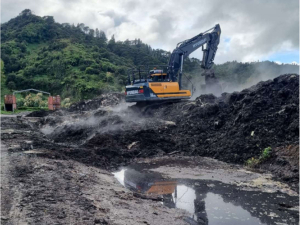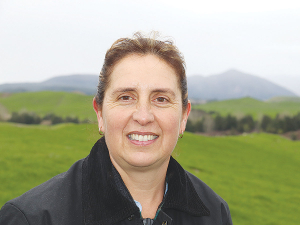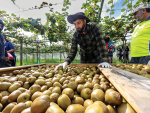Farmer groups are backing Government proposals to prevent productive land from falling to housing development. Horticultural land is especially in view.
The Government’s draft National Policy Statement for Highly Productive Land (NPS-HPL) proposes a nationwide approach to protecting highly productive land for future generations. About 14% of NZ land is classified ‘highly productive’.
A two month consultation is underway. Stats NZ says urban expansion threatens all forms of land based primary production. But horticulture is especially at risk.
The scale and value of horticulture hubs, on typically flat, well serviced land at urban fringes, makes that sector more vulnerable to urban expansion than other types of farming.
From 2002 to 2016, NZ’s land area used for vegetable growing decreased 29% from 100,000ha to 70,000ha.
HortNZ’s natural resources and environment manager, Michelle Sands, says the Government’s proposal is to help retain vegetable and fruit growing in NZ. “NZ needs its best soils for domestic food production,” said Sands.
“Once you build houses on the best soils you cannot get the soils back.
“With good planning and buffer zones, houses and horticulture can co-exist, which is important for three main reasons: one, so growers can make best use of available land; two, so growers can quickly get fresh produce to market; and three, so growers have access to workers, given how labour intensive horticulture is.”
Sands says keeping the best soils for producing food also helps the transition to a low emissions economy.
HortNZ says poor rules in Auckland are preventing new vegetable gardens being set up to replace land lost to housing.
Agriculture Minister Damien O’Connor says NZ’s most fertile and versatile land will get new protection.
“Our land is a precious taonga – an irreplaceable treasure and a source of life and wellness,” said O’Connor.
“We cannot afford to lose our most highly productive land.
“It brings economic benefits including employment for nearby communities, and adds value to NZ’s primary sector.”



















